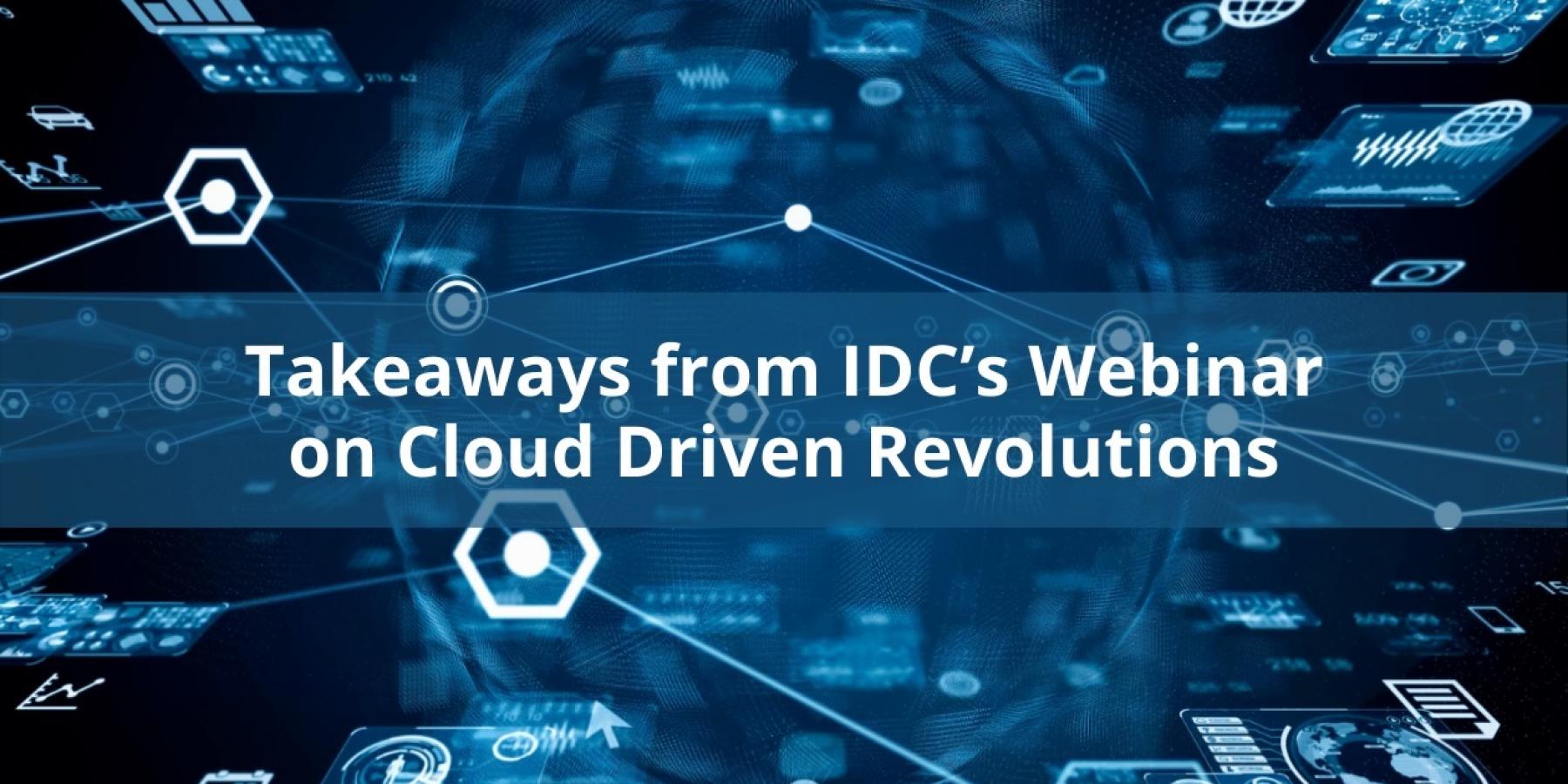
- 16 February 2021
In February 2021, the Advanced Technologies for Industry (ATI) project led by IDC hosted a webinar on Harnessing the Cloud Driven Revolution: Trends, Challenges and Opportunities" to explore policies, initiatives and services that are being developed for the adoption of cloud computing and impacts on end-users like SMEs.
We’ve summed up the main takeaways for AI-SPRINT.eu as it starts its journey towards a novel framework for the design and operation of AI applications in the computing continuum.
IDC shared insights on the latest trends in the new age of cloud computing:
-
Edge computing will go from 80% cloud / 20% Edge to 80% Edge / 20% cloud in the future.
-
Green Computing will be important in reducing the emissions of clouds.
-
Federated clouds offer an alternative promoted by the EU to avoid high scalability costs.
Currently, the implementation of advanced technologies is geared towards cloud and security solutions, where the main applications in 2020 have come from customer, citizen and student management. In other words, data driven user experience management is the main market sector.
Important trends to note are:
-
By 2023, over 40% of enterprises will move to cloud-centric models, which facilitate organizational collaboration.
-
By 2024, over 25% of organizations will integrate edge data.
-
By 2025, over 25% of new cloud applications will use data centric rather than code centric architectures.
As for Green clouds, there are pros and cons, with hardware investments proving fruitful while more work is needed to drive the development and uptake of green software.
Key trends and challenges on the horizon include:
-
Edge computing: tackling technology and security problems and defining the return on investment.
-
Federated clouds: finding feasible business models. There are also many unsolved technology challenges in moving to, say, federated data. However, federation in Europe could create added value by enabling users to work with different cloud providers at the same time by providing access to specialised services in each provider.
-
Cloud sustainability: enabling innovative solutions and overcoming limitations in adoption such as security, performance, skills and trust. It is also important to create value for end-users.
-
Standards, interoperability, data governance, data sovereignty: driving progress in these areas. Important to note here that some standardisation work is on-going in global organisations like 3GPP (https://www.3gpp.org/), an activity that was overlooked during the webinar but noted here by AI-SPRINT.
This AI-SPRINT report has been written in collaboration with the SWForum.eu